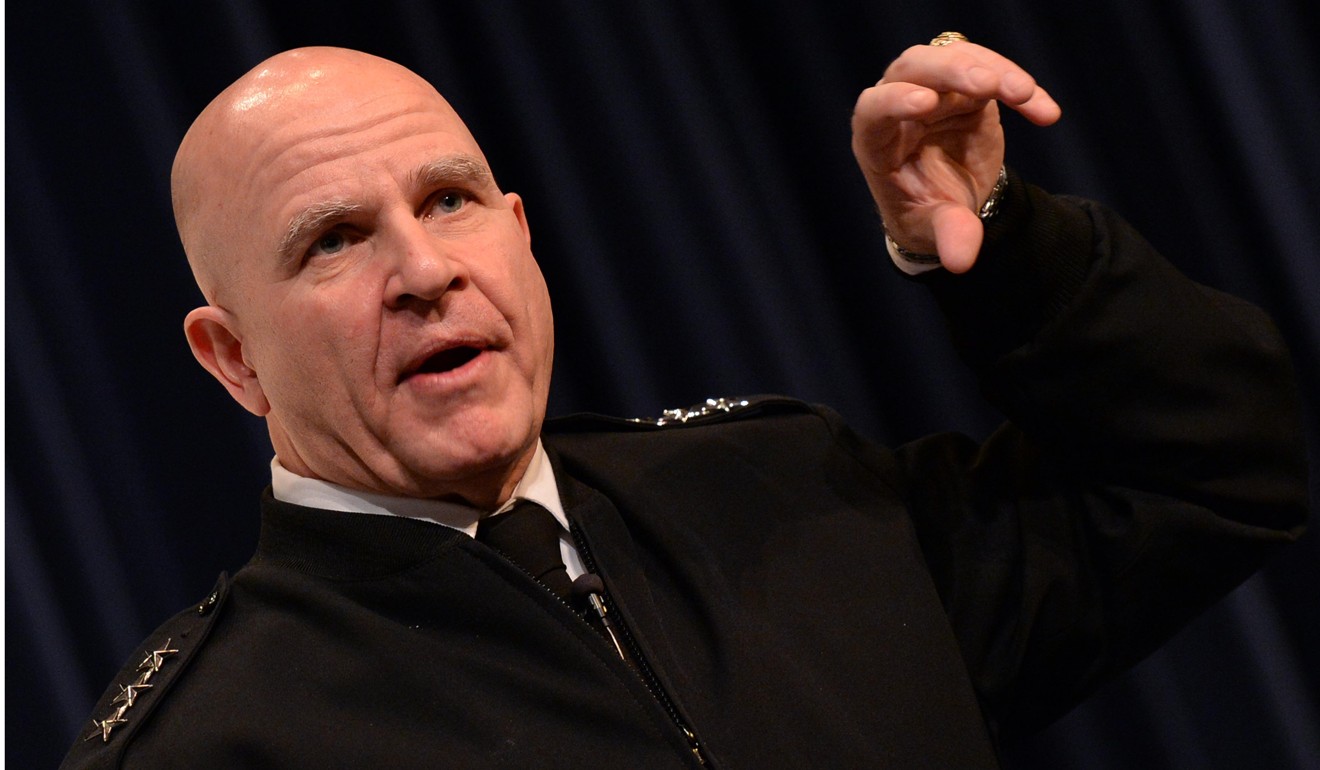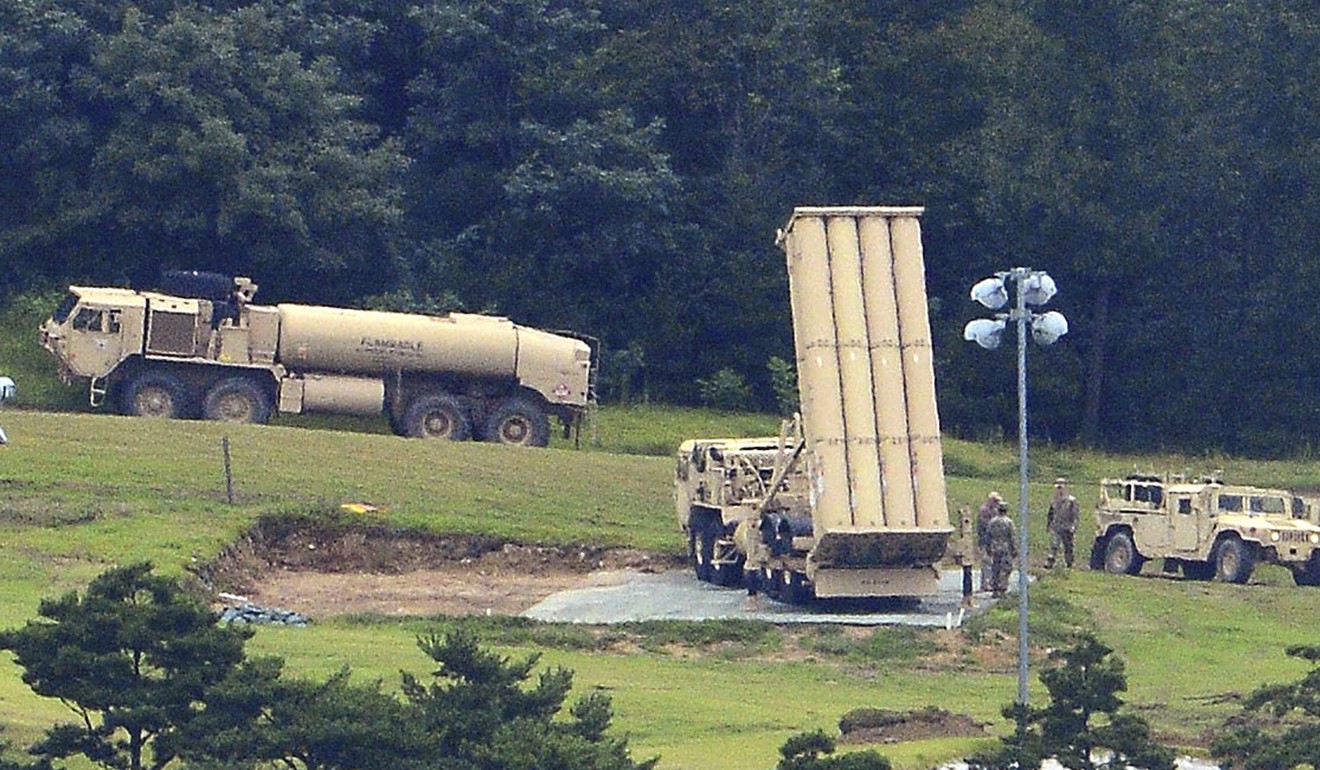
Trump’s national security adviser warns Beijing on Guam bomber runs
Beijing’s warplane operations near Guam ‘will not be in China’s interest; China recognises that’, US national security adviser says
US President Donald Trump’s national security adviser has warned Beijing about China’s recent bomber runs near the US Pacific island territory of Guam.
“I think the United States recognises that any kind of military effort like that will not be in China’s interest,” HR McMaster said in Washington, referring to reports of increased Chinese warplane operations in the area. “I think China recognises that as well.”
McMaster, outlining Trump’s upcoming Asia trip, said the US had the capacity to “deter by denial”, “which means convincing your enemy, or potential enemy that they cannot accomplish their objectives through the use of military force”.

China had been flying bombers near Guam to test US defence zones in the area, the Military Times this week quoted unnamed US defence officials in the region as saying.
China’s H-6K Badger warplanes – with 1,600km-range air-launched cruise missiles – and other military aircraft had flown with greater frequency near Japanese and US aircraft, the US news website reported.
The bomber runs targeting Guam have complicated tensions around North Korea’s nuclear weapons programme and threats by Pyongyang to fire missiles near the island. North Korea’s leader Kim Jong-un made that threat after Trump said in August that the US would respond with “fire and fury” to further provocations from North Korea.
The Chinese bombers patrolled the Scarborough Shoal area of the South China Sea – an area claimed by both Beijing and Manila – in July last year, according to state media.
McMaster said he welcomed the news that “China was lifting sanctions over South Korea and no longer punishing South Korea for defending itself”.

China and South Korea agreed to resume normal relations after a year-long stand-off over deployment of the Terminal High Altitude Area Defence, or THAAD, US anti-missile defence system.
Chinese President Xi Jinping and his South Korean counterpart Moon Jae-in would hold talks next week on the sidelines of the Asia-Pacific Economic Cooperation forum in Danang, Vietnam, South Korean news agency Yonhap reported.
The meeting would be “the first step in implementing an agreement to quickly [put] exchanges between the two countries on the right track”, the report quoted Nam Gwan-pyo, a director of South Korea’s presidential national security office, as saying.
“I think what China has recognised is that you cannot sanction South Korea for defending itself against this very dangerous, rogue regime [North Korea], ” McMaster said.
South Korean Foreign Minister Kang Kyung-wha told lawmakers in Seoul on Monday that the country was not considering any additional deployment of the THAAD system. She repeated that the country will not be part of the US-led anti-missile defence network.
But McMaster said he doubted the foreign minister was being “definitive” in her remarks to lawmakers and was sceptical that South Korea “would give up its sovereignty in this area”, meaning its say over decisions on the deployment of THAAD.
Elizabeth Economy, director for Asia studies at the New York-based Council on Foreign Relations, said, the Chinese “have basically now acquiesced to THAAD”.
“We all know that every time a Chinese official went to the US, that was right at the top of their agenda in terms of trying to get the United States to pull back from this. It’s significant on the China side in terms of what they’re giving up.”
Trump will leave the US on Friday as he begins his first official Asia trip. McMaster said the president would consult leaders across the region to understand better “what more we can do to resolve this crisis short of war”.
“Diplomacy is our main effort,” he said. “But the use of military force is an option that we have to consider because of how grave that threat is.”
McMaster acknowledged that the US was “not talking with North Korea” directly. The US had to make sure that “we have all the capabilities we need should it become necessary to resolve that threat without the cooperation of the North Korean regime”, he said.
Additional reporting by Robert Delaney

